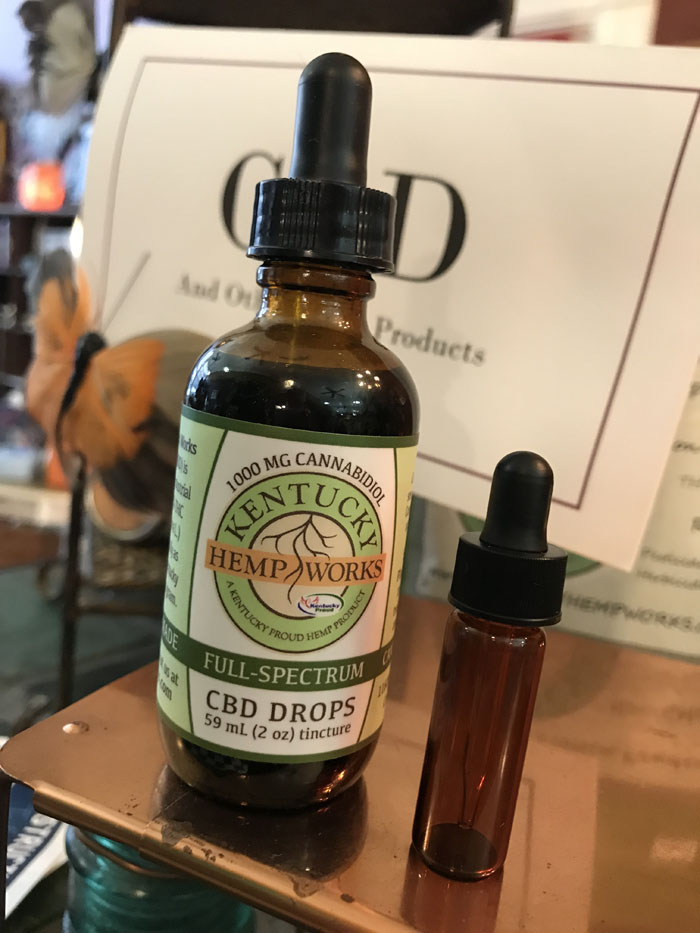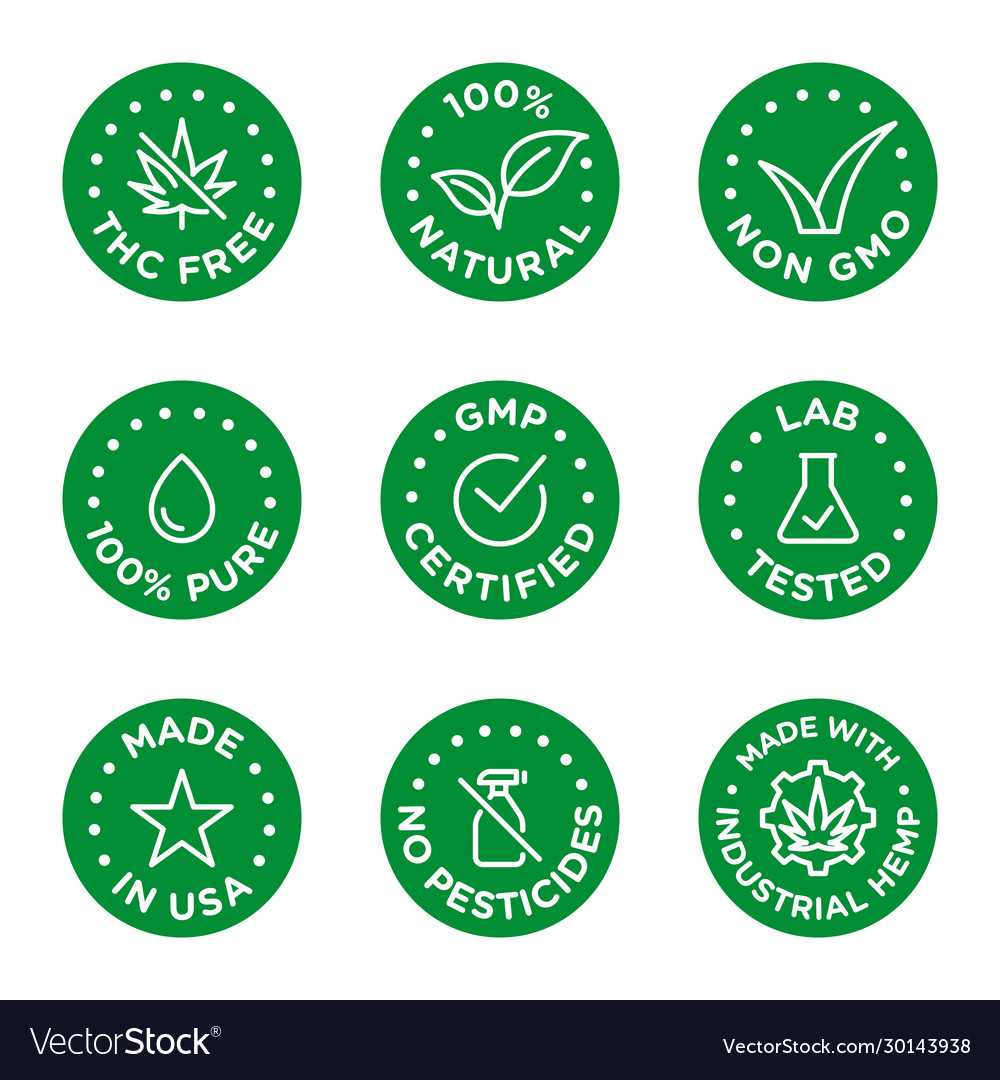
Hemp oil is a natural skin product that contains fatty acids that are good for the skin. It is both an anti-inflammatory and a natural source of omega-3 and omega-6. It can soothe and heal stressed, tired skin. It is also resistant to environmental aggressors. It is a very popular ingredient in alternative skincare.
Hemp oil has omega-3 and 6-fatty acids.
Hemp oil contains omega-3 and 6 dietary fatty acids that are essential to the health of your skin. They aid in the production of collagen, which is crucial for wound healing and skin renewal. Hemp seed oil also contains antioxidants which protect against inflammation and free radical damage. Inflammation weakens the skin's cellular repair mechanisms and causes collagen breakdown. It can also moisturize the skin without blocking pores. Clogged pores can become blackheads, whiteheads, and bumps.

People with dry skin may lack Omega 3 or 6 fatty acid. These essential fatty acid deficiencies can cause skin to lose more moisture, leading to more irritation and inflammation. This problem can be reversed by using skin care products that contain Omega 3 and 6. It also helps to restore and moisturize dry skin, making it soft and smooth. This oil can also be used to moisturize your hair or lips.
It is a soothing and healing treatment for stressed skin.
Hemp oil is a natural method to moisturize the skin. It does not clog pores and encourages healthy skin cells growth. It's rich in essential oils, which are vital for maintaining skin barrier health and preventing dryness. Its mixture of omega-6 and omega-3 fatty acids makes it an ideal moisturizer for skin.
To reduce signs of tired, stressed skin, you could use a cleanser made with hemp seed oil. The Body Shop CBD range features a three-step solution for stressed skin. It contains a mixture of natural hemp seeds oil, CBD isolate, as well as white clay. It is gentle and works wonders on stressed skin.
It protects you from environmental aggressors
Hemp seed oil has many benefits that make it an important part of any skincare routine. These oils are not only good for the skin, replenishing its moisture and protecting it from environmental aggressors. They also protect against stress, which is a major cause of skin problems and acne.

Hemp seed oils have a unique fatty oil composition that is very friendly to the skin. It strengthens the skin's natural barrier, reduces water loss and promotes the growth of new collagen. Oily skin will benefit from its soothing properties. It also helps to reduce redness. Inflammation is often caused by various factors, such as pollution or toxins. The skin can become flaky and red due to an inflammatory response.
FAQ
Which CBD products are most popular?
CBD products are all over the place these days. They are used for pain relief and anxiety. This market is large and growing quickly.
But what do people buy CBD for? How does this impact you as a brand manager?
Statista states that CBD products are bought for their relaxing effects. They are also purchased for their antiinflammatory properties.
This means that if your product has both CBD and THC, then it can be sold for both recreational and medicinal purposes.
What about brands that focus on a specific purpose? One example is CBD for stress relief.
Additionally, a brand that focuses solely on CBD for medical purposes will enjoy a large customer base.
A brand must have a unique selling proposition (USP) if they want to appeal to recreational users. A USP can be described as a unique selling proposition (USP) that is unique to a brand.
For example, some brands offer shipping free of charge, while others offer discounts when you order in bulk.
How do prices for CBD differ across states?
Prices for CBD products can vary depending on where you live. In fact, prices can differ by more than ten times!
The prices go up the further you go north. CBD in Alaska costs $35 per gram. In Hawaii, however, it costs about $200 per gram.
This trend is evident throughout the country. Prices range from $5 up to over $2,500 for a gram.
Why is this happening?
Variable levels of regulation can explain why prices differ so greatly. Some states require that CBD products have very low levels of THC (the psychoactive part of marijuana). Some states don't care how much THC is present.
Some companies may choose to sell their products first in one state before shipping them to another.
What are the most common mistakes companies make when they try to enter the US market for cannabinoid products?
Uncertainty about the regulations for cannabis products is the first mistake. This could mean that you may have to change your product formulation.
Another mistake is not being able to correctly label your product. Know whether your product contains THC, CBD or both.
Third, it is important to understand how to properly package your product. If your product does contain THC, then you must ensure that it is packaged in child-resistant containers.
If your product does NOT contain THC you should still adhere to all packaging laws. There is a lot of states where cannabidiol, or CBD (CBD), is legal.
Remember to keep track of any recalls for your products. If there is a problem with your product, it is important that you inform customers as quickly as possible.
Which conditions can CBD be used to treat?
Any treatment must have an impact on the patient's condition. You must have a prescription from a doctor before you use cannabis oil as medicine. Without a prescription from a physician, it is illegal for you to use cannabis products.
There is no need for a prescription if you are using cannabis oil in a healthy way. It is best to speak to your doctor before you start using cannabis oil.
Cannabinoids are either extracted from whole plants or cannabinoids (THC, CBN) isolated compounds. Cannabis oils are made from these extracts. They can contain many cannabinoids such as cannabidiol, tetrahydrocannabinol and cannabinol.
These compounds interact with receptors throughout the body to produce effects such as pain relief, stress reduction and anti-inflammatory, antioxidant, and other properties.
Which countries have the best quality CBD?
The United States produces most CBD products.
High-quality CBD products are also being produced in Canada, Australia and New Zealand.
Statistics
- As a substance that was federally illegal before the passage of the 2018 Farm Bill, hemp-derived cannabinoids with no more than 0.3% THC still face a regulatory grey area. (forbes.com)
- The use of these products is likely to become even more widespread if the World Health Organization's recommendation that CBD no longer is scheduled in the international drug control conventions is adopted by the United Nations member states [201]. (ncbi.nlm.nih.gov)
- HR −16 mmHg; 95% CI −26, −6; I2 = 92%) (ncbi.nlm.nih.gov)
- OralWhere HED is the human equivalent dose, and Km is a correction factor estimated by dividing the average body mass (BM) of the species (60, 0.020, and 0.150 kg for 11 humans, mice, and rats, respectively) and by its surface area (see: Nair et al. (ncbi.nlm.nih.gov)
- The inhibition of FAAH is predicted to lead to an increase in brain and plasma concentrations of AEA, which acts as a partial agonist at CB1R and CB2R, thereby increasing endocannabinoid tone [92, 110]. (ncbi.nlm.nih.gov)
External Links
How To
What are the issues that the CBD industry faces?
The current market for CBD-based products is expanding at a phenomenal rate. However, this market is still full of challenges for businesses that want to expand. These include a lack consumer awareness, high-cost entry, limited access capital and regulatory uncertainty.
Many consumers don't understand what CBD is and how it works. This makes it difficult for consumers to make informed decisions on whether or not they want CBD products.
Most CBD companies rely heavily upon word-of mouth marketing. This is expensive because it requires paying for advertising and hiring staff to promote their brand.
High production costs are another problem facing new entrants in the CBD industry. It is very expensive to obtain the raw materials required for CBD products. To make CBD oil, hemp must be grown in certain climates and soil types.
To grow enough hemp for CBD oil production, it costs approximately $1,000 per acre. This means that many small farmers cannot afford the cost of starting.
The lack of capital access is another obstacle new entrants to the CBD market face. Banks discourage many people from starting a business because of the stigma attached to this industry.
Final, there are regulatory uncertainties surrounding the sale CBD products. There are currently no guidelines on how CBD products should marketed.
Despite some states having passed laws restricting the sale CBD products, this is not yet a national policy.
Only Nevada and Maine have already legalized recreational cannabis.
Massachusetts and Michigan have considered similar measures.
These changes could mean that CBD manufacturers will be more competitive.
These factors lead to many entrepreneurs choosing to work from their home instead of starting a physical company.